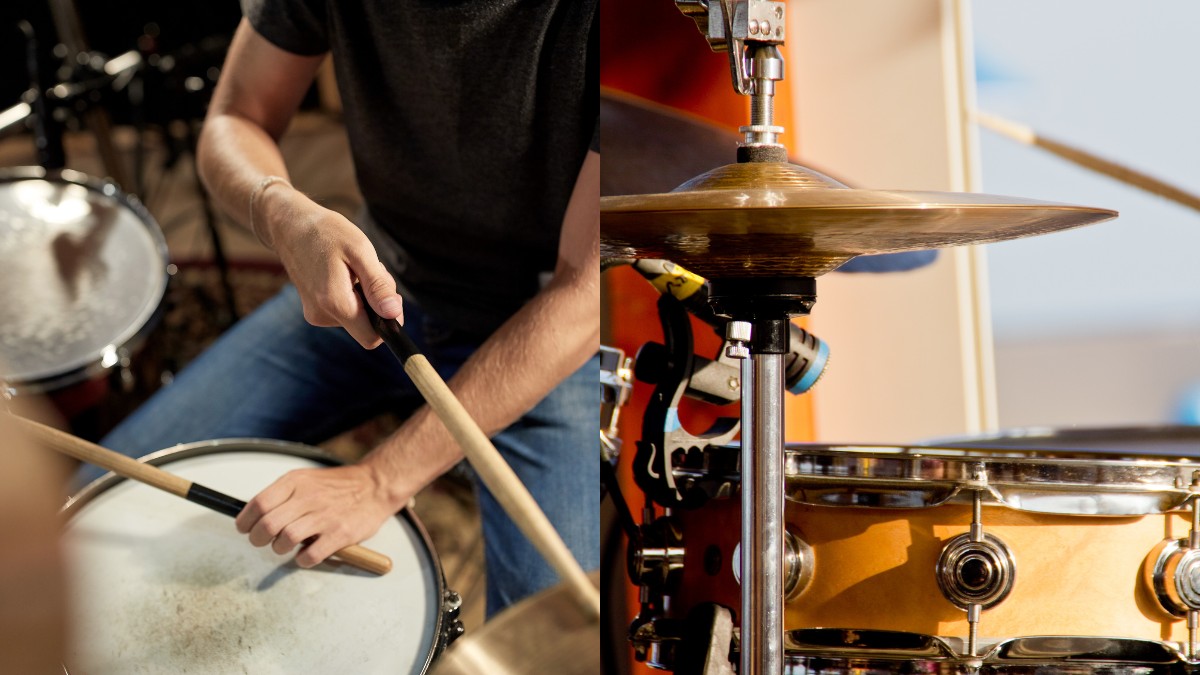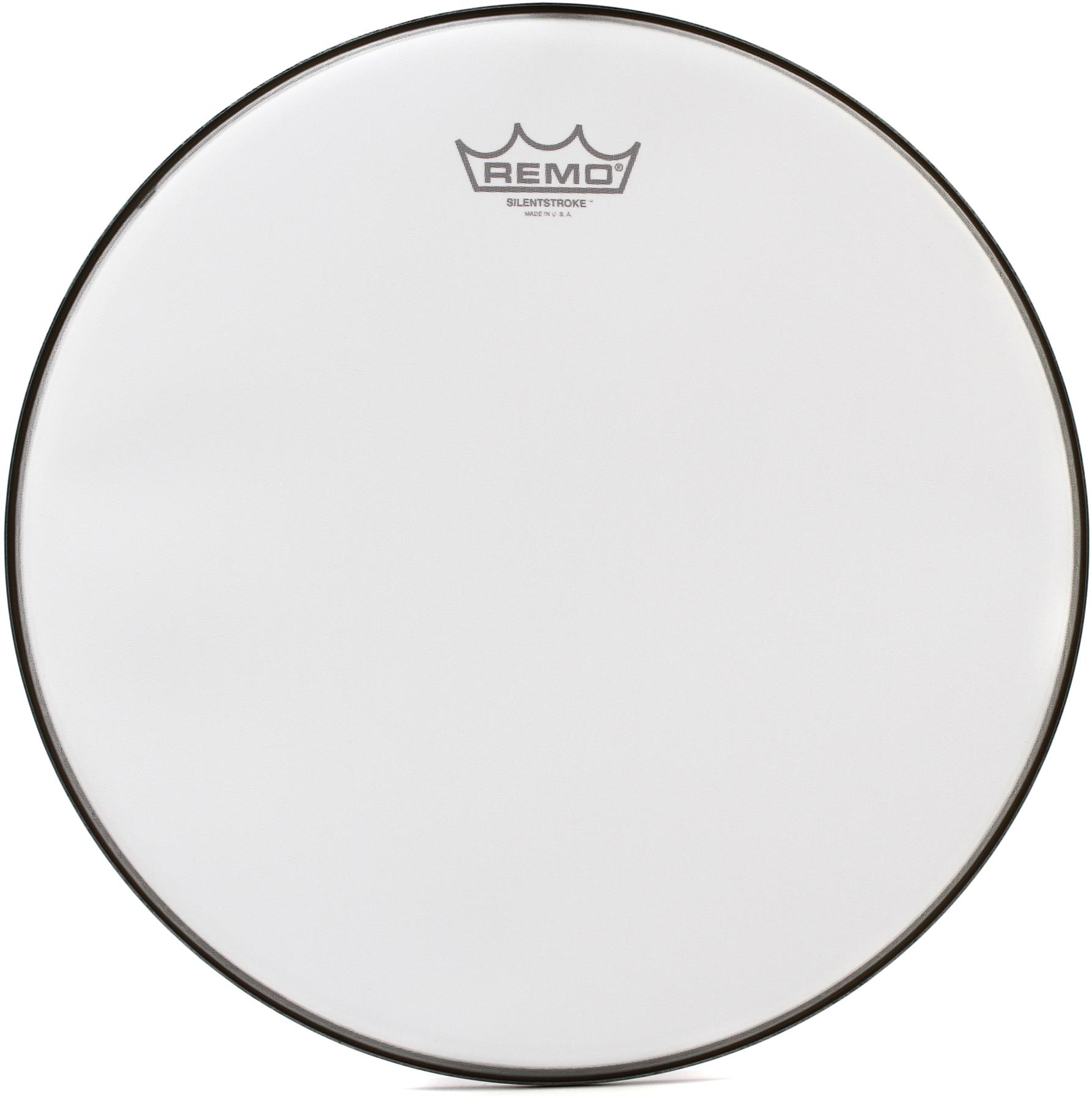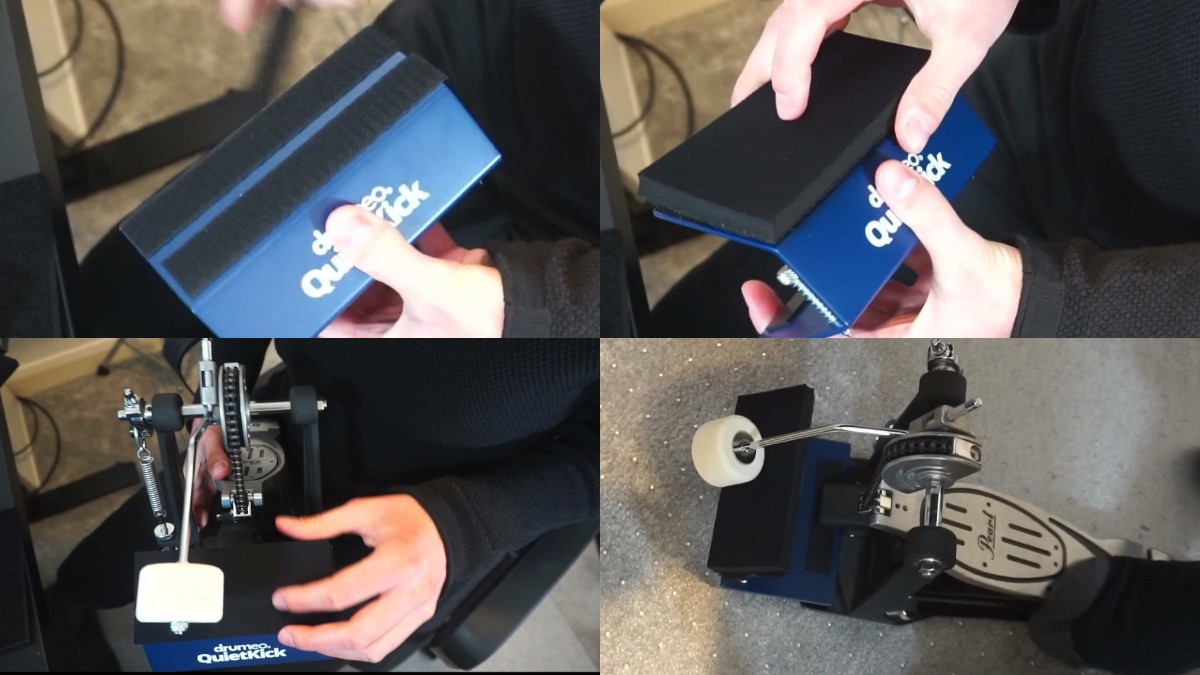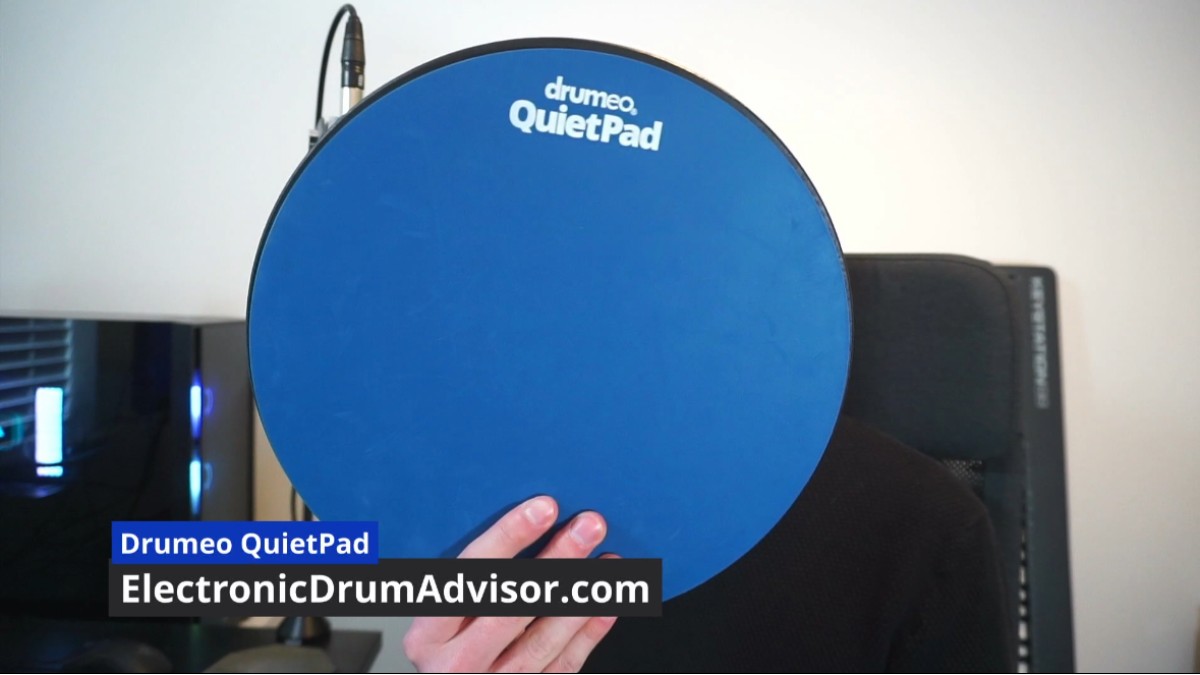How to Play Drums in an Apartment (9 Tips)

Playing drums in an apartment can be a bit tricky because of the potential noise and disturbance it can cause to your neighbors. But, don’t worry! With the right gear, soundproofing hacks, and a bit of consideration for others, you can still rock out and practice drumming in your own living space.
While practicing your drumming is essential to your growth as a musician, you need to consider your neighbors as drumming noises can be incredibly annoying and can distract them from whatever they’re doing. Don’t get upset when they confront you and understand where they’re coming from since their complaints are probably justified.
In this article, I’ll dish out 10 tips to help you play drums in an apartment, from selecting the perfect drum set to communicating with your neighbors and soundproofing your practice area.
Take note that proper soundproofing is not an option for most people in apartments. It takes major work, and on the other hand, acoustic treatment techniques such as bass traps are just going to the improve sound quality within the room rather than keeping the noise from leaking out. So make sure to keep that in mind and focus on factors that you can easily control.
Contents
- 1. Minimize Vibrations
- 2. Choose the right practice drum set
- 3. Use low-volume drumheads and cymbals if playing acoustic drums
- 4. Learn to play with finesse and control
- 5. Use headphones or in-ear monitors
- 6. Use drumming practice pads
- 7. Establish a practice schedule
- 8. Consider joining a rehearsal space or studio
- 9. Communicate with your neighbors
- Conclusion
1. Minimize Vibrations
The main source of complaints for most drummers in apartments is generally the noise from annoying vibrations, particularly from the bass drum pedals. This is usually a much bigger problem if your apartment is on an upper floor.
A couple of solutions to this would be using Roland Noise Eaters or tennis ball risers. They work similarly by reducing floor vibrations and noise transmission. Drum risers can be built using plywood, foam, and carpet, or commercial options such as the Auralex HoverMat are available. For a more in-depth look, check out our article on drum risers.
2. Choose the right practice drum set
Selecting the appropriate drum set for apartment living can significantly reduce noise levels. Electronic drum kits are quieter than acoustic drums and offer volume control and headphone options, allowing for quiet practice. They also mimic the sound of acoustic drums, making them an excellent choice for apartment dwellers. Compact acoustic drum kits, with their smaller size and fewer pieces, also provide more manageable volume levels.
For more information, we wrote an article on the best electronic drum kits and the best practice drum sets so check them out.
3. Use low-volume drumheads and cymbals if playing acoustic drums
If going electronic is not your thing, then low-volume drumheads and cymbals are the way to go. They are specially designed to produce less noise while maintaining the feel and response of regular drumheads and cymbals. Examples of these products include the Remo Silentstroke drumheads and Zildjian L80 Low Volume cymbals. These options allow drummers to practice without creating excessive noise that may disturb neighbors or roommates.
For even more information, we wrote articles on low-volume drum heads and cymbals, check them out.
Otherwise, you can consider other options such as drum and cymbal mutes instead. They are basically just rubber pads that plop onto your existing drum heads and cymbals which significantly lower the volume of your drum kit.
But if those options don’t work for you for whatever reason, then you can just use a towel or blanket as a great alternative instead. For more tips on how to make your drums quieter, we wrote an article on 10 ways to make drums quieter so give it a read.
4. Learn to play with finesse and control
Practicing at lower volumes while maintaining proper technique can help reduce noise levels. Focus on stick control and dynamics, and develop a lighter touch on drums and cymbals. Playing with finesse and control not only minimizes noise but also improves your overall drumming skills.
This is not going to be welcome news for heavy hitters, but you gotta stay reasonable when playing drums in an apartment.
5. Use headphones or in-ear monitors
Headphones or in-ear monitors allow for quiet practice without disturbing others. They can connect to electronic drum kits or music devices, enabling drummers to play along with their favorite songs or backing tracks. Examples of suitable products include Vic Firth Stereo Isolation Headphones and Shure SE215 In-Ear Monitors.
To learn more about some of the best in-ear monitors and headphones, check out some of the articles that we wrote.
6. Use drumming practice pads
Drumming practice pads are portable and quiet alternatives to drum sets. They can be placed on any flat surface or mounted on a stand and are available in various sizes and materials to mimic different drum types. Practice pads allow drummers to work on their technique without creating excessive noise.
We wrote an article on some of the best practice drum pads and the best bass drum practice pads. Check it out to learn more.
7. Establish a practice schedule
Limiting practice sessions to reasonable durations and practicing during daytime hours when noise is less disruptive can help minimize disturbances to neighbors. However it might not always be a solution. Establishing a consistent practice schedule also allows you to track your progress and maintain a healthy work-life balance.
8. Consider joining a rehearsal space or studio
Renting a space specifically designed for musicians to practice can provide an environment where volume is not a concern. You can take this as an opportunity to practice as loud as you need to and rock your heart out so that when you get back to your apartment you can work on techniques that require more discipline and control.
Rehearsal spaces and studios also offer opportunities to network with other musicians and collaborate on projects. This option can be especially helpful for those who struggle to find a balance between practicing at home and maintaining positive relationships with neighbors.
9. Communicate with your neighbors
Maintaining open communication with neighbors about your drumming and their concerns can help prevent conflicts and foster a positive relationship.
Discuss mutually agreeable practice times and be willing to compromise and adjust your practice habits if necessary. But if you can’t come to an agreement with your neighbor for various reasons like maybe they work from home, then it is on you to reduce your volume when drumming so as to not cause any annoyance or conflict with them.
By demonstrating consideration for others and a willingness to work together, you can create a more harmonious living environment for everyone.
Conclusion
To conclude, playing drums in an apartment can be a challenging task that requires the right equipment, effective soundproofing techniques, and a respectful approach toward your neighbors. By implementing these tips, you can strike a balance between enjoying your drumming hobby and being considerate towards your fellow apartment residents.










